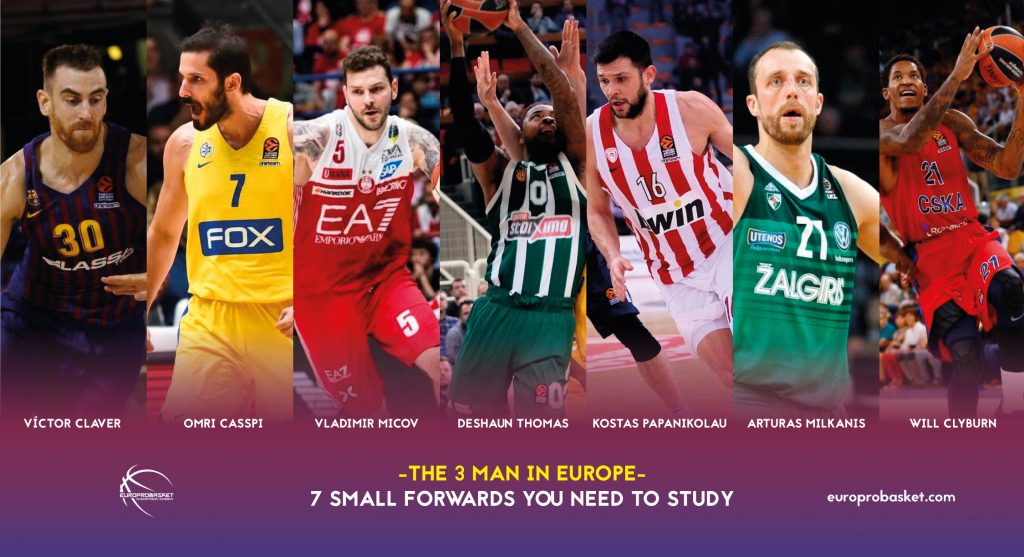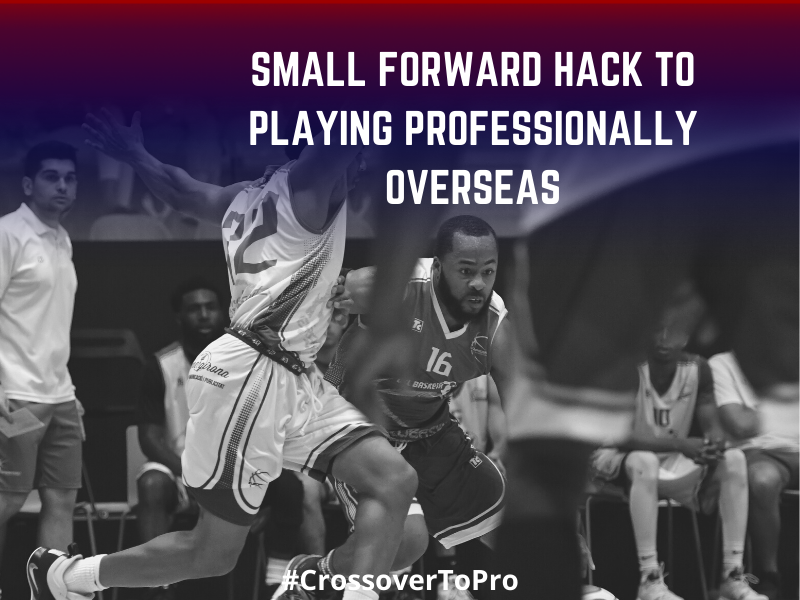The small forward is probably the most versatile player on the roster. On offense, the 3 has to be able to play on the perimeter as well as inside. On defense, he has to contest bigs on some rotations and put pressure on defending guards. Coaches Manuel Póvea, Pascal Meurs and Markus Rowenstrunk break down all the abilities Small Forwards are expected to bring to the table in order to be successful in Europe. This is the Small Forward guide to play in Europe.
Table of Contents
ToggleThe Small Forward Guide – Manuel Póvea
I’d say this is the most difficult position to fill. Size, strength and athleticism are some important details for the 3 man. To me, the main reason is to be part of the options I need in order to prepare our defense. Offensively I’m not crazy about having or not a real 3. First at all because a good 3 is expensive, and not easy to find. Second because I don’t see any problem to adapt the offense to the players’ skills, but that’s not so easy speaking about defense. If your opponent plays with a strong 3, it’s much better if you have similar player as well.
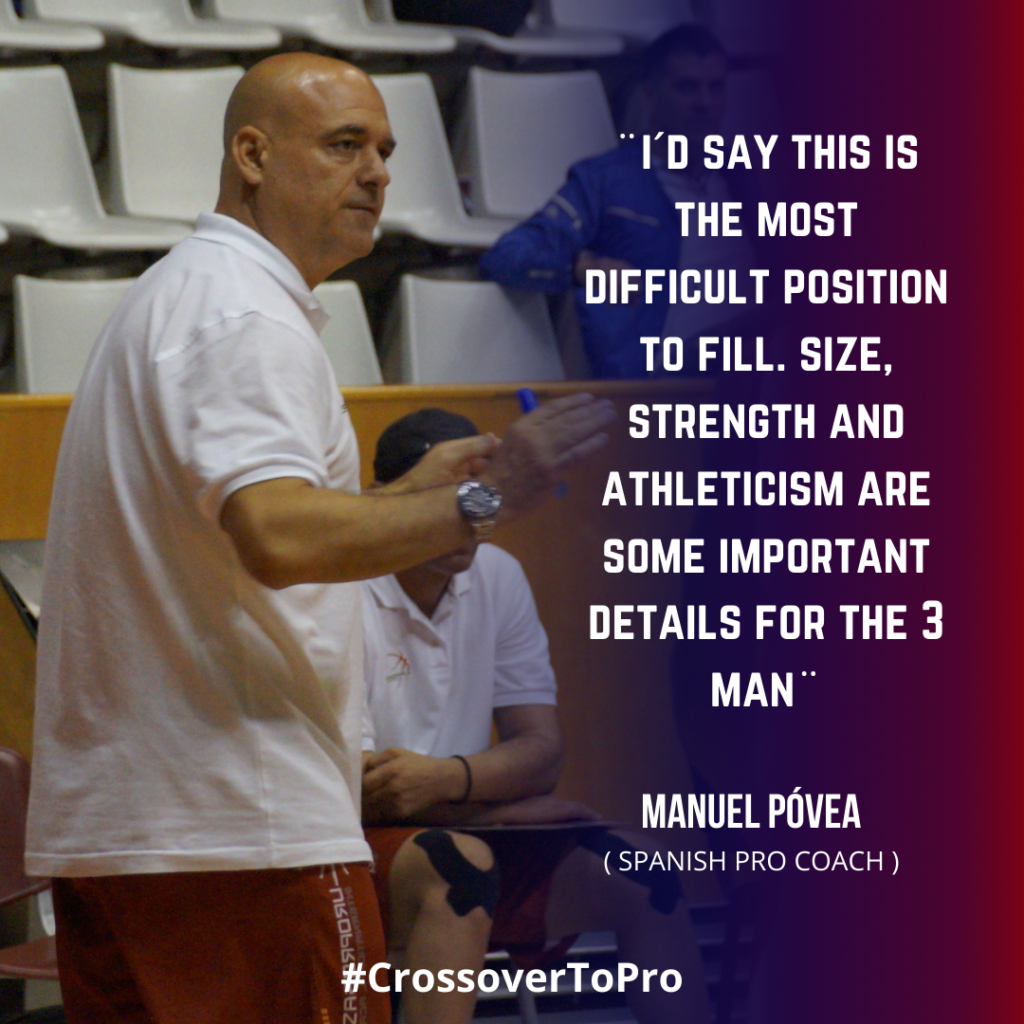
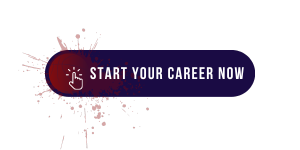
So when I’m looking for a Small Forward Guide, besides the physical skills I’ve already mentioned, I focus on some other details:
1) Defense: Check if he is able to guard smaller players than him, but also if can guard stretch
4s. Being defensively versatile is one of the skills I like the most in a 3 man.
2) Offensive rebounding: Of course rebounding in defense is important too, it’s part of the
defense time, but I give more value to this skill, specifically in this position.
3) Shooting: I assume the 3 man is not going to be so much creative as 1 and 2, so shooting ability is a strong point for the player in this position. Also, this skill lets the player to penetrate, even not being a great 1on1 player or very good at dribbling.
Pascal Meurs
You’re an all-round player that can handle all aspects of the game. You’re a very good shooter, but you can also penetrate and finish in traffic. Late in the game, you can take over offensively, while you guard the best player on the opponent team. Ideally, you are physical enough to guard an undersized big and you’re fast enough to lock down a guard. You significantly contribute to the team’s rebounds, steals and assists.

Markus Rowenstrunk
At the position 3 and 4, I like athletic players who drive well, have post up game and if can shoot as well, even better. Especially the power forward with the ability to shoot from outside (stretch 4) brings a great advantage to the game because the court can be stretched and mis-matches can be used around the rim and behind the 3 point line (inside+outside player). Further, skills similar to that of a playmaker such as understanding the game, reading the defense, making decisions and being able to pass well is very valuable for a modern position 4.
Setting screens with the ability to roll or pop makes him an all-rounder and playable at the 5 as well. At the same time 3 and 4 need to be great defender with the ability to pretty much guard any one on the court so that switching is effective. For me it is okay if the 3 is not the best shooter and more of a slasher but it depends if the team needs more of a 3/2 or 3/4. Regardless, both positions need to be physical and good rebounders.
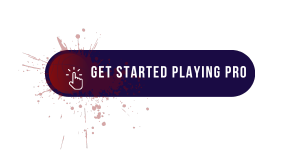

To sum up this Small Forward guide, we include 7 small forwards you need to study: Victor Claver, Omri Casspi, Vladimir Micov, DeShaun Thomas, Kostas Papanikolau, Arturas Milaknis, Will Clyburn
